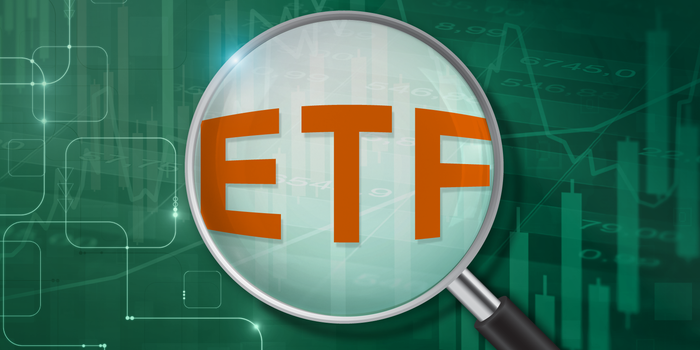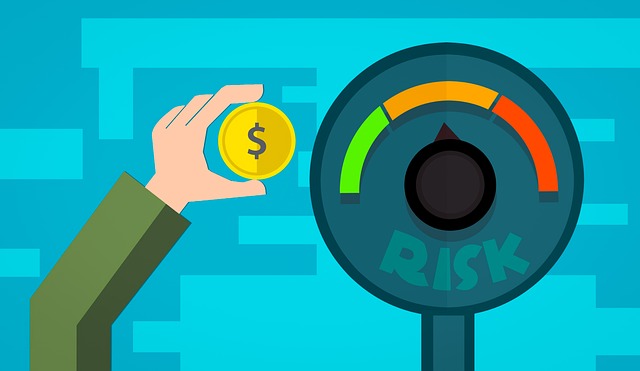All You Need To Know About Exchange-Traded Fund (ETF)?
Aug 21, 2022 By Triston Martin
Like a mutual fund, an exchange-traded fund (ETF) is a sort of pooled investment asset. Contrary to mutual funds, exchange-traded funds (ETFs) may be bought and sold on a stock market just like any other stock. ETFs are designed to mirror the performance of a certain index, industry, commodity, or other asset class. An exchange-traded fund (ETF) may be designed to follow the price of anything from a single commodity to a wide range of assets. Exchange-traded funds (ETFs) may be designed to mirror a wide variety of investing modalities. The SPDR S&P 500 ETF (SPY), which follows the S&P 500 Index and is still actively traded today, was the first exchange-traded fund.
How Do ETFs Work?
The provider of an exchange-traded fund (ETF) is the entity that holds the underlying assets, creates the ETF to follow the performance of those assets, and then sells shares of the ETF to investors. While shareholders in an ETF possess a piece of the fund, they do not have any legal claim to the underlying assets. Nevertheless, ETF investors who own shares in an ETF that follows a stock index may receive dividends in the form of a lump sum or reinvest the proceeds.
While exchange-traded funds (ETFs) are supposed to mirror the performance of a certain asset or Index, such as gold or the S&P 500, their values on the market sometimes deviate from their underlying asset. Long-term returns for an ETF will deviate from those of the underlying asset due to factors such as fees.
How Much Do ETFs Cost?

The prices of different exchange-traded funds may fluctuate widely. ETFs with the highest trading volume has a median price of $59.42. There is a wide range of prices for the ETFs on that list, from $3.43 for the cheapest to $473.56 for the most expensive. While that wide of a margin might be scary, it also implies that there is an exchange-traded fund (ETF) for any investor's financial situation. Before investing in an exchange-traded fund, it might be helpful to lay out a spending plan. The expense ratio of an exchange-traded fund (ETF) is the annualized percentage fee for the fund's management and ongoing operations that investors pay to have access to the fund's underlying assets. Expense ratios for exchange-traded funds are often rather low in comparison to those of other kinds of funds since most ETFs are passively managed.
Why Invest in ETFs?
ETF Might Be a Better Option
The future success of a mutual fund scheme depends on a variety of criteria, such as the track record of the fund manager, the track record of the AMC, the long-term performance, etc. Finding a fund with the potential to beat its rivals and the market in the future requires a high level of expertise. However, Exchange Traded Funds (ETFs) blindly follow the performance of the Index against which they are being measured, leaving limited room for either outperformance or underperformance. ETFs are a viable option if you want to replicate the performance of a market index or other benchmark.
Performance is the focus
The market capitalization-based methodology used to generate the indexes helps to get rid of, or at least dilute the impact of, under-performing stocks in the Index. Therefore, by extrapolation, ETFs also get rid of or substantially dilute their exposure to underachievers.
Unsystematic Risk

There are two types of risk that might affect mutual funds: systematic and unsystematic. Equity markets are inherently unstable, making systematic risk a given for investors. There are market risks associated with both ETFs and actively managed mutual funds. Unsystematic risk refers to dangers unique to a single business or industry. While mutual funds' portfolio diversification across companies and sectors is intended to mitigate unsystematic risk, there may still be some unsystematic risk present if the fund is actively managed; this is because the fund may be overweight on specific stocks and sectors compared to the Index. Exchange Traded Funds (ETFs) are a suitable investment choice if you wish to completely eliminate unsystematic risk since they mimic the Index without taking on any additional risks.
Low cost
Mutual funds' cost ratios are often substantially higher than those of ETFs. Compared to mutual funds, which typically have fee ratios between 1.5 and 2.25 percent, ETFs may have expense ratios as low as 0.25 percent. Long-term returns for mutual funds may lag behind those of ETFs unless the mutual funds create substantial alpha.
Simplicity
Investing may be made much easier with ETFs than with actively managed funds. The fund's historical performance, the investment strategy of the fund's management, the fund's response to market fluctuations, etc., are all unnecessary considerations. Typically, exchange-traded funds would follow the performance of large-cap indexes such as the Nifty, Sensex, BSE - 100, Nifty 100, Nifty Next 50, etc. Choosing an index and investing in a cheap ETF that follows that Index is a one-two punch that will have you sleeping well at night.
Conclusion
Investing in a diverse portfolio of assets on a tight budget may be done using exchange-traded funds (ETFs). The investor may save time and money by purchasing shares in a fund that aims to replicate the performance of the market as a whole without having to acquire individual equities. However, it is important to remember that investing in an ETF comes with certain extra costs.

Jul 13, 2022 Susan Kelly

Feb 06, 2024 Susan Kelly

Feb 08, 2024 Triston Martin

Feb 10, 2024 Susan Kelly

Aug 18, 2022 Susan Kelly

Sep 12, 2022 Triston Martin